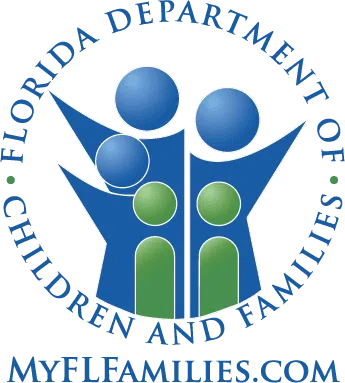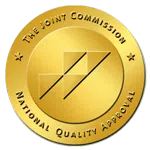
Drug is a significant problem that affects people worldwide, causing devastating consequences in their everyday lives.
One of the most concerning factors is the long-term impact on mental health, leading to psychiatric disorders and neurological damage.
Let’s dig deeper into these effects, dive into the scientific analysis backing them, and discuss possible treatment approaches to help those dealing with addiction.
Substance Abuse Effects: Cognitive Impairment
Cognitive impairment refers to challenges with memory, attention, and problem-solving skills, and it can profoundly affect a person’s capability to navigate daily life.
How Substance Misuse Affects Cognitive Function
Research has found that lengthy use of alcohol, opioids, and like substances can cause considerable impairments.
For instance, a study revealed that chronic methamphetamine users exhibited reduced performance in attention, working memory, and decision-making tests.
Likewise, research in another study indicated that long-term alcohol misuse can result in memory deficits and challenges with spatial processing.
The Link Between Substance Use and Mental Health: A Crucial Connection
Did you know that virtually half of people with a substance use disorder also have a co-occurring psychiatric disorder? It’s true!
In some cases, these conditions may emerge before substance abuse, while in other instances, they may arise as a consequence.
Clients struggling with addiction often meet extra obstacles, including:
- Depression: A common mental health disease that can coexist with substance use disorder
- Anxiety: Many people with addiction also show symptoms of anxiety disorders
- Bipolar Disorder: This mood disorder can be entangled with substance abuse
- Post-traumatic Stress Disorder (PTSD): Trauma can contribute to substance abuse and PTSD
It’s crucial to grasp the deep association between mental health and substance abuse to deliver holistic care and support.
Practical treatment strategies that handle both elements are pivotal in supporting clients’ path to lasting recovery and overall well-being.
Neurological Damage: An Overlooked Substance Abuse Effect
Substance abuse can cause significant injury to the brain.
Lengthy use of drugs or alcohol contributes to structural and functional changes in the brain, which can have grave consequences. Some of these include:
- Brain damage: Persistent alterations in the structure and function of the brain can result in long-lasting impairment and damage to various areas.
- Seizures: Disruptions in the brain’s structure can interfere with regular electrical activity, leading to sudden and uncontrollable seizures.
- Strokes: Substance abuse can change blood vessels and circulation, increasing the chances of having strokes and harming the brain.
Understanding the damaging outcomes of substance abuse on the brain is crucial. Taking the required measures to prevent and address the risks involved is essential.
The Impact of Chronic Substance Abuse on the Brain
Studies have displayed that prolonged substance abuse can cause changes in the brain regions associated with decision-making, impulse control, and reward processing.
These modifications can make it harder for people to overcome addiction and increase the likelihood of relapse.
Mitigating the Long-Term Effects of Substance Abuse
Although the description above may sound discouraging, it’s crucial to remember that there is always hope for recovery.
At Prevail Recovery, we firmly believe in the power of personalized treatment plans that manage addiction’s physical and mental aspects.
Treatment Options
- Individual Therapy offers personalized counseling sessions tailored to address your concerns and enhance your emotional well-being.
- Join group therapy sessions where you can connect with others who are going through similar challenges. Experience a sense of belonging and share your experiences in a supportive community.
- Discover the transformative power of art therapy! Dive into your emotions, boost self-awareness, and unlock your creativity through expressive art.
- Learn techniques to understand and control anger, fostering healthier relationships and emotional well-being.
- Acquire skills to peacefully and constructively resolve conflicts, promoting positive communication and building solid relationships.
- Involve your loved ones in family integration therapy to improve understanding, communication, and relationships.
- Establish a comprehensive plan for continued support and relapse prevention with our aftercare programs beyond the initial treatment phase.
Prevail Recovery: Your Path to a Healthier, Substance-Free Future
Substance abuse profoundly impacts mental health, making it vital to understand these effects for successful treatment and recovery.
If you or someone you care about is grappling with addiction, contact Prevail Recovery immediately.
Our team is committed to providing compassionate support, guiding you toward a healthier, substance-free future every step of the way.





Comments are closed.